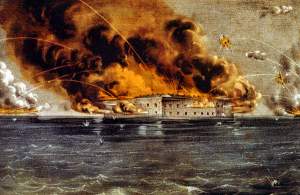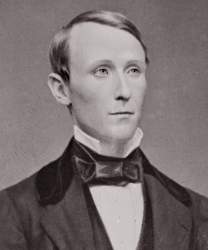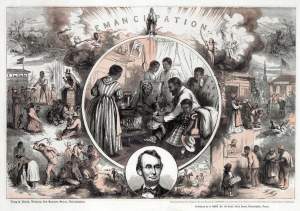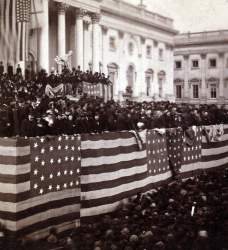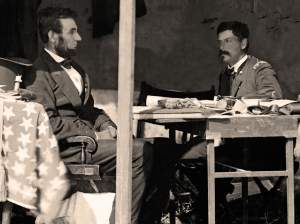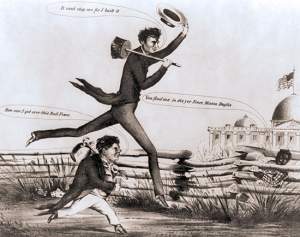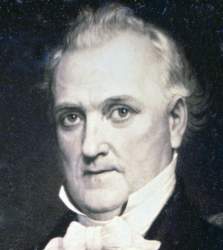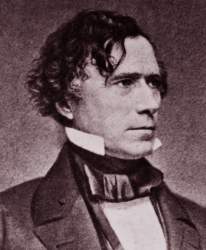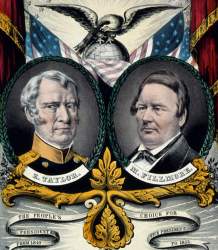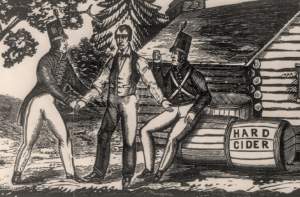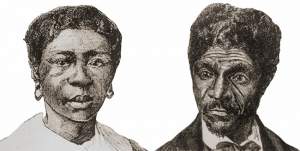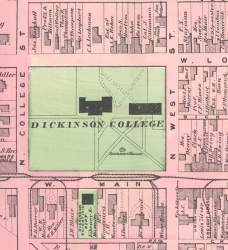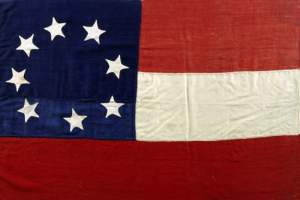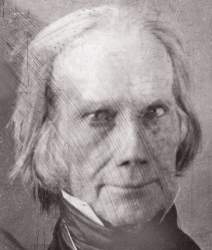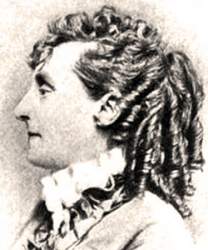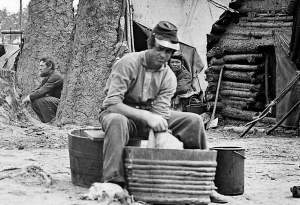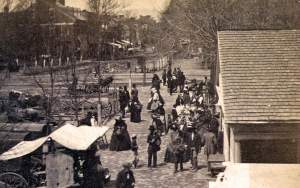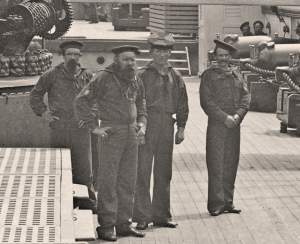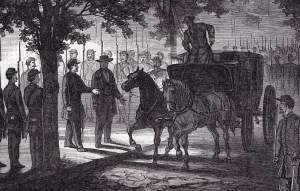Major Topics
| Iconic image | Title | Summary |
|---|---|---|
| Fortieth Congress of the United States | ||
| Fort Sumter | The bombardment of Fort Sumter which began on Friday, April 12, 1861 marked the beginning of the Civil War. Months of maneuvering between federal authorities and the newly formed Confederate States of America over control of federal forts in southern territory culminated with the surrender of the Charleston, South Carolina fort on April 14. Days later, President Lincoln declared that an insurrection existed, officially calling out the militia, and launching the nation into a full-scale military conflict. (By Matthew Pinsker) |
|
| Filibustering | Filibustering was a term that referred to unofficial and irregular American efforts in the mid-nineteenth century to expand the empire of slavery into Central and Latin America. Figures such as William Walker, the "grey-eyed man of destiny," became celebrated in the South as heroes and vilified in the North as pirates for their various military exploits and adventures during the 1850s. (By Matthew Pinsker) |
|
| Emancipation | ||
| Election of 1876 | ||
| Election of 1864 | ||
| Election of 1860 | The election of 1860 may have been the most significant in American history. It was certainly the only contest so far where the losing party refused to accept the results. Abraham Lincoln became the first Republican elected to the White House, securing an easy electoral majority but with just less than 40 percent of the popular vote. Within weeks, states from the Deep South, led by South Carolina, began to secede from the union. (By Matthew Pinsker) |
|
| Election of 1856 | The 1856 presidential contest was a three-way affair involving Democrat James Buchanan of Pennsylvania, Republican John Fremont, the famed western explorer, and American or Know Nothing candidate Millard Fillmore, the former president. The exciting contest marked a new, more openly sectional era in American politics but resulted in victory for Buchanan, who aspired to forge a national consensus for compromise on the difficult issue of slavery. (By Matthew Pinsker) |
|
| Election of 1852 | Democrat Franklin Pierce of New Hampshire secured victory in the presidential election of 1852 against his Whig opponent General Winfield Scott. The election marked the last national campaign for the Whigs and signaled the beginning of a realignment in American partisan politics. (By Matthew Pinsker) |
|
| Election of 1848 | The presidential contest in 1848 was a pivotal one because it exposed the sectional fault lines of an increasingly divided nation. Whig candidate General Zachary Taylor prevailed over Democratic nominee Lewis Cass of Michigan and Free Soil candidate Martin Van Buren, the former president. (By Matthew Pinsker) |
|
| Election of 1840 | ||
| Dred Scott Case | Dred and Harriet Scott both filed freedom suits in St. Louis Circuit Court in 1846. Eleven years later, Chief Justice Roger Taney and the U.S. Supreme Court issued a verdict in the federal case of Dred Scott v. Sandford (1857) that threw away decades of precedent and political custom and helped spiral the nation closer toward civil war. (By Matthew Pinsker) |
|
| Dickinson College | Chartered in September 1783, Dickinson College was originally a Presbyterian school that re-opened in 1834 under Methodist auspices. The following decades saw the institution produce and influence hundreds of young men who spread all across the American continent and into the halls of government. Little more than twenty miles above the Mason-Dixon Line, the college was also one of the few antebellum American institutions that remained about evenly divided in its membership between northerners and southerners. (By Matthew Pinsker) |
|
| Confederate States of America | ||
| Compromise of 1850 | Senator Henry Clay's so-called "omnibus" proposal in late January 1850 to find a national accommodation over a variety of sectional issues plaguing the nation ultimately did lead to a compromise of sorts in September of that year. The compromise failed to settle any major arguments but did allow for a series of legislative agreements, including the admission of California as a free state and the passage of a tougher federal fugitive slave law that temporarily quieted the national debate over slavery. (By Matthew Pinsker) |
|
| Civil War Spies | ||
| Civil War Soldiering | ||
| Civil War Homefront | ||
| Civil War at Sea | ||
| Civil Liberties |

